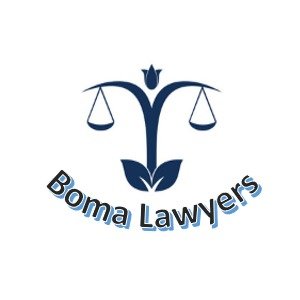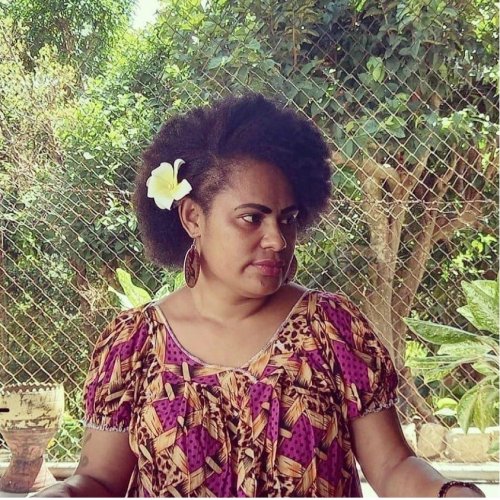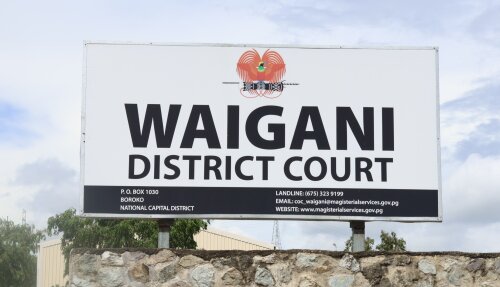Best General Litigation Lawyers in Papua New Guinea
Share your needs with us, get contacted by law firms.
Free. Takes 2 min.
Or refine your search by selecting a city:
List of the best lawyers in Papua New Guinea
About Litigation Law in Papua New Guinea
Litigation in Papua New Guinea involves resolving disputes through the court system. The legal framework is influenced by a combination of customary law and the country's inherited legal systems, primarily English common law. The litigation process typically includes steps like filing a lawsuit, pre-trial proceedings, and potentially a trial, followed by a judgment. The system is designed to provide a fair resolution to various disputes, including civil, commercial, and sometimes complex cases.
Why You May Need a Lawyer
There are several circumstances under which individuals or businesses may require legal assistance in the field of litigation. These can include contract disputes, employment disagreements, property claims, or personal injury cases. A lawyer can provide legal guidance, represent you in court, and help navigate the complexities of the legal system to protect your interests and rights.
Local Laws Overview
The legal landscape in Papua New Guinea is shaped by various statutory laws and customary practices. Key aspects include:
- Civil Procedure Rules: These govern the steps and processes in civil litigation, including filing, service of documents, and trial procedures.
- Customary Law: This plays a significant role, especially in family and land disputes, where traditional customs can influence legal outcomes.
- Statutory Laws: Acts of Parliament that regulate specific areas, such as employment law or consumer protection, and often intersect with litigation matters.
- Common Law: International legal principles and precedents that guide rulings, particularly where there are no specific local statutes.
Frequently Asked Questions
1. What is the first step in starting a lawsuit in Papua New Guinea?
The process usually begins with filing a statement of claim with the appropriate court, setting out the details of the dispute and what you are seeking.
2. How long does litigation typically take?
The duration can vary widely depending on the case complexity, availability of the court, and any appeals process, ranging from a few months to several years.
3. What costs are associated with litigation?
Costs include court filing fees, lawyer fees, and potentially other expenses such as expert witnesses. Parties may also be required to pay their opponent's legal costs if they lose.
4. Can I represent myself in court?
Yes, self-representation is allowed, but due to the complexities of legal procedures, it is often advisable to engage a lawyer who understands the system well.
5. Is there a possibility of settling disputes outside of court?
Yes, alternative dispute resolution methods, such as mediation or arbitration, are encouraged and can lead to faster and less expensive solutions.
6. What role does customary law play in litigation?
Customary law can be significant in certain disputes, such as those involving family or land, where traditional practices and resolutions may be considered.
7. What should I do if I'm served with a lawsuit?
It's crucial to seek legal advice immediately to understand your rights, obligations, and the best way to respond within the stipulated timelines.
8. Can foreign nationals be involved in litigation in Papua New Guinea?
Yes, foreign nationals can both initiate and be involved in litigation in Papua New Guinea, often requiring legal representation to navigate specific regulations.
9. Are legal aid services available?
Yes, legal aid may be available for those who qualify, often through government or non-profit organizations, targeting low-income individuals.
10. What are the consequences of not complying with court orders?
Failure to comply can lead to consequences such as fines, sanctions, or even imprisonment for contempt of court, depending on the order's nature and severity of non-compliance.
Additional Resources
For those seeking further help or information in litigation matters, consider these resources:
- The Papua New Guinea Law Society for lawyer referrals and resources.
- The Office of the Public Solicitor for legal aid services.
- The Department of Justice & Attorney General for legal publications and guidelines.
- Local Universities and Law Schools offering legal clinics.
Next Steps
If you believe you need legal assistance with a litigation matter, consider the following steps:
- Consult with a licensed lawyer experienced in the relevant area of law.
- Gather all relevant documents and evidence related to your case.
- Consider whether an alternative dispute resolution could be beneficial.
- Prepare financially and mentally for the possibility of a lengthy legal process.
- Stay informed about your legal rights and obligations throughout the process.
Lawzana helps you find the best lawyers and law firms in Papua New Guinea through a curated and pre-screened list of qualified legal professionals. Our platform offers rankings and detailed profiles of attorneys and law firms, allowing you to compare based on practice areas, including General Litigation, experience, and client feedback.
Each profile includes a description of the firm's areas of practice, client reviews, team members and partners, year of establishment, spoken languages, office locations, contact information, social media presence, and any published articles or resources. Most firms on our platform speak English and are experienced in both local and international legal matters.
Get a quote from top-rated law firms in Papua New Guinea — quickly, securely, and without unnecessary hassle.
Disclaimer:
The information provided on this page is for general informational purposes only and does not constitute legal advice. While we strive to ensure the accuracy and relevance of the content, legal information may change over time, and interpretations of the law can vary. You should always consult with a qualified legal professional for advice specific to your situation.
We disclaim all liability for actions taken or not taken based on the content of this page. If you believe any information is incorrect or outdated, please contact us, and we will review and update it where appropriate.
Browse general litigation law firms by city in Papua New Guinea
Refine your search by selecting a city.















